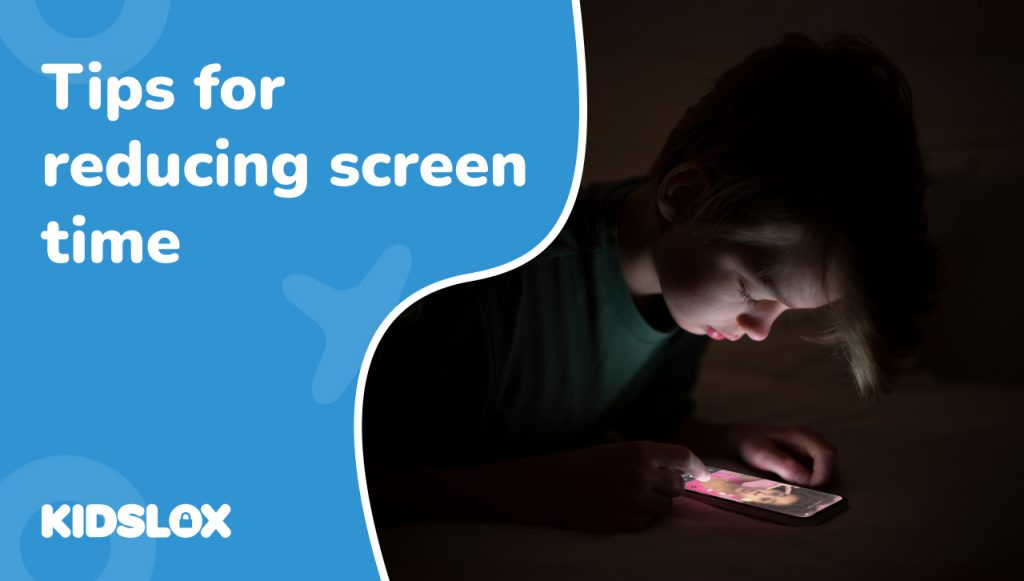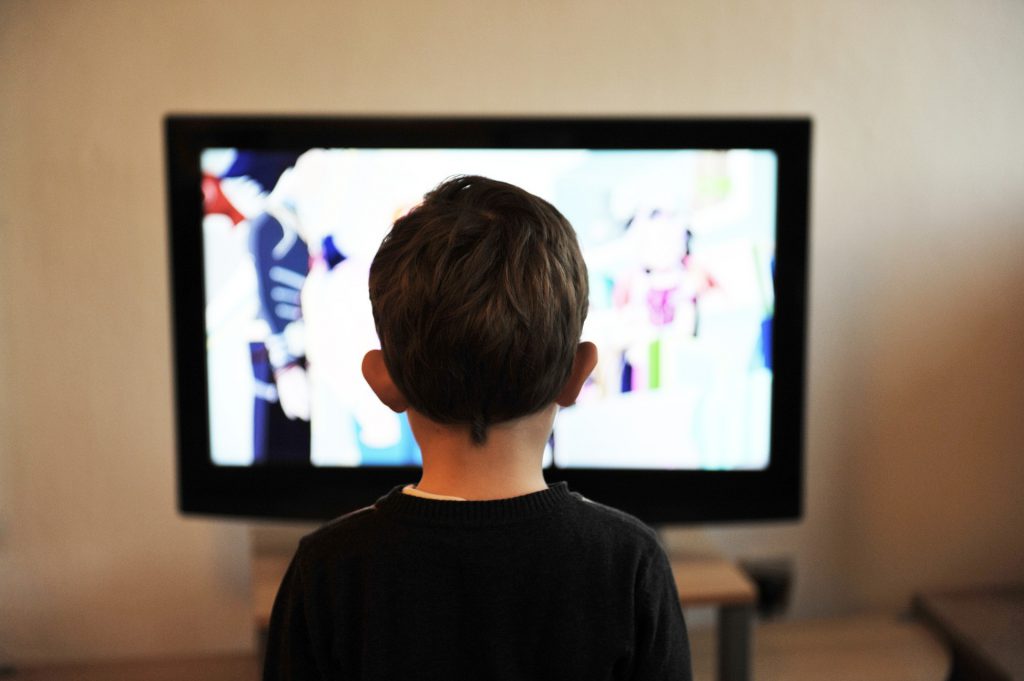A Comprehensive Guide to Reducing Time Spent on Your Phone
Do you feel like your phone rules your life? Want to learn how to reduce screen time for yourself and your family? Read on!
From omnipresent QR codes to internet banking, it’s not just social media that’s making screen time an indispensable and increasingly unavoidable part of our lives. And, while this can make our lives simpler and easier, it also makes taking breaks from technology more challenging than ever before.
Finding a balance between screen time and genuine experiences is essential for our overall well-being. The pervasive nature of excessive screen time not only affects physical health, but also takes a toll on our mental wellness too. Screens offer an easy distraction from real world interactions, and if we’re not mindful of how addictive they are, we can find ourselves lost in our phones and missing out on life.
This comprehensive guide aims to help, providing practical strategies to reduce screen time, shedding light on the myriad benefits of taking a break from it, and addressing common concerns related to digital overload.
Why it’s a Good Idea to Start Reducing Your Screen Time
For many of us, large chunks of our day are spent in front of screens. Whether it’s for work, connecting with friends, or leisure time spent on social media or binge watching TV series, screens are a dominant driver of our time. Now, as we enter a new year, it might be a good time for you to reassess your relationship with screen time, and see if you can establish some new, positive habits. Not convinced? Here’s why it’s a good idea:
1. Feeling fitter. The more time spent away from your screen, the better you will feel. Not only will the extra time allow you to do something that promotes exercise and physical wellbeing, your strained eyes and shoulder and neck muscles will thank you too!
2. Less stress and anxiety. From comparison culture to the ‘always-on’ nature of our emails and to-do lists, screens can be a constant reminder that we’re not doing, spending or sharing enough. Give your mind a break from the constant FOMO and you’ll feel lighter for it.
3. Closer relationships. Everyone’s experienced the irritation of a partner engrossed on their phone, not listening and being distracted. Time spent with loved ones with no screens in sight can help strengthen your relationships and encourage quality time.
4. Overall wellbeing and life satisfaction. Smart phones have been linked to soaring rates of depression. Many people who put their device down, take up a new hobby or simply spend more time in nature report that their overall wellbeing improves dramatically because of it.
5. Boost your productivity. From distracting notifications putting you off your stride at work, to the lure of social media, screens divert our attention away from the things we really need to get done. Research shows that simply having a screen near you at work can make you less productive. If you want to get more done, it’s a good idea to start thinking about strategies to limit your screen time exposure.
Practical Tips to Reduce Your Screen Time
Fed up of feeling irritable and chained to your phone? Don’t worry. It’s not too late to start your journey to a healthier and more sustainable relationship with screen time. Read on for some ideas on where to get started.
1. Setting Realistic Goals: Embarking on the path to reduced screen time begins with setting achievable goals. Think about your current screen time habits and start with a modest reduction, say 30 minutes a day. Most smartphones have a tracker to tell you how much time you’re spending on your phone, and which areas you’re spending the most time on. Once you have a baseline, aim to gradually increase this duration as you adapt to the new routine, making the adjustment more sustainable.
2. Prioritizing Face-to-Face Interactions: Having your phone out when you’re with your friends and family is one way to annoy your loved ones and start arguments. So make it a rule to put those relationships first and put the phone down when you’re with them. Make a conscious effort to engage in real-life conversations and activities with friends and family. Plan tech-free gatherings, whether it’s a picnic in the park, a board game night, or a simple coffee catch-up.
3. Start that hobby and pursue that dream! If you added up the time spent staring at social media, you’d be shocked at how many pockets of free time you have during your day. These are moments you could use to pour into a passion you’ve been putting on the back burner. Reducing screen time doesn’t mean sacrificing entertainment. Explore alternative activities such as hiking, biking, or pursuing hobbies like painting or playing a musical instrument. Give it a go, your body and mind will thank you for it.
4. Got an iphone? Here’s how to make it your ally in reducing screen time: For iPhone users, reducing screen time is facilitated by built-in features and settings. The “App Limits” feature allows you to set daily time limits for specific app categories, providing a gentle reminder when the limit is reached. “Downtime” allows you to schedule periods when only essential apps are accessible, creating tech-free intervals.
5. Embracing routine: A good morning sets the tone for the day. Reduce screen time in the AM by establishing tech-free rituals, delaying device access, and planning non-screen activities like reading or journaling before you pick up that phone!
6. Consider a digital detox. One great way to knock a bad habit on the head is to start from a place of cold turkey. Pick a day when you can really put the phone away and pack it with interesting and worthwhile activities. See how you feel after and start to introduce the screens back, but only in small doses.
7. Create Digital-Free Spaces: By designating digital-free zones in your home like the dining room or the bedrooms can help break the habit of constant connectivity. These spaces can become sanctuaries for genuine, uninterrupted face-to-face interactions, promoting a stronger sense of presence and connection within your family.
8. Think Smart: For families with children, initiating educational discussions about the impact of excessive screen time can be instrumental. Teach children about the importance of a balanced lifestyle and the potential consequences of prolonged screen exposure. Encourage them to explore alternative activities and hobbies that nurture their creativity and physical well-being. By involving the entire family in these discussions, you create a supportive environment for collectively reducing screen time.
9. Focus on Community: Why not consider joining local community initiatives that promote screen-free events or activities? Participating in outdoor events, workshops, or group activities not only provides an opportunity to reduce screen time but also fosters a sense of community and connection. Engaging with others in real-life settings can be a refreshing change, offering a chance to broaden your social circles and explore shared interests beyond the digital realm.
Utilizing Screen Time Tracking Apps
In the digital age, technology can also assist in managing screen time. Numerous apps are designed to track and limit screen time, providing insights into usage patterns and offering tools to set daily limits. Consider integrating these apps into your routine for effective screen time management. For children, you might want to consider a parental controls app like Kidslox. As adults we find it a challenge to limit our screen time usage, for kids, it’s almost impossible. Kidslox can help you to set effective screen time limits, log out of apps and games when time is up, and block dangerous and inappropriate content too.
Ready to Take Control of Your Screen Time?
While limiting screen time is crucial, completely eliminating it may not be practical. Screens serve as tools for communication, learning, and entertainment. But..a more mindful approach will allow you to enjoy the benefits of technology without sacrificing your well-being.
With so many benefits to proactively reducing your screen time, there’s never been a better time to get started. You’ll feel physically healthier, perhaps experience better mental well-being and less anxiety, boost your relationships, and see productivity levels soar.
It’s never too late to make positive changes. Whether you’ve been heavily reliant on screens for years or recently noticed the need for a change, taking steps to reduce screen time can have immediate and long-term benefits.
We hope that the strategies outlined provide a roadmap to a healthier and more fulfilling life. Embracing a mindful approach to screen time is an investment in your well-being, paving the way for a future where less screen time translates to more meaningful experiences and a richer, more connected life. It’s time to take control, rediscover life beyond the screen, and savor the countless possibilities that await you!





